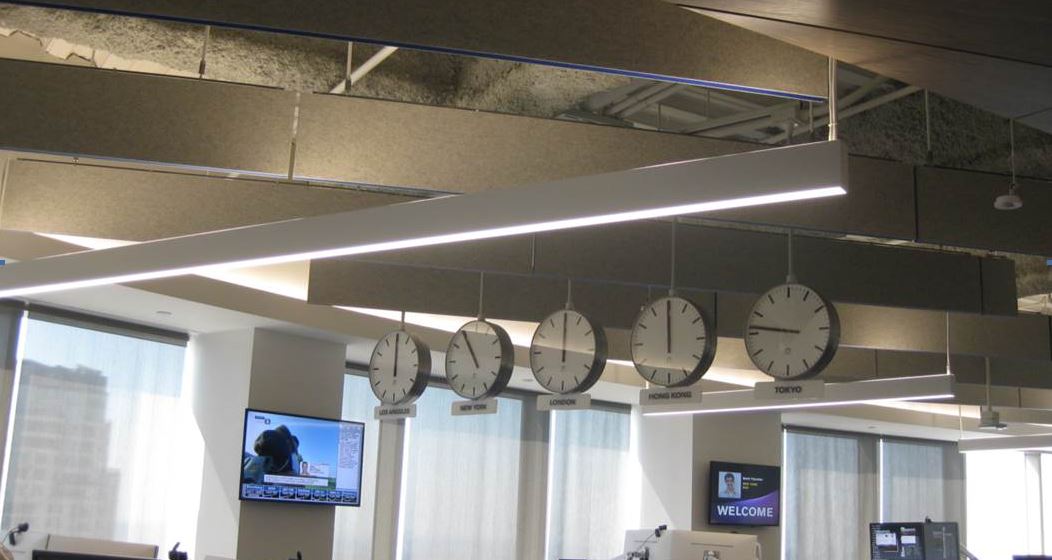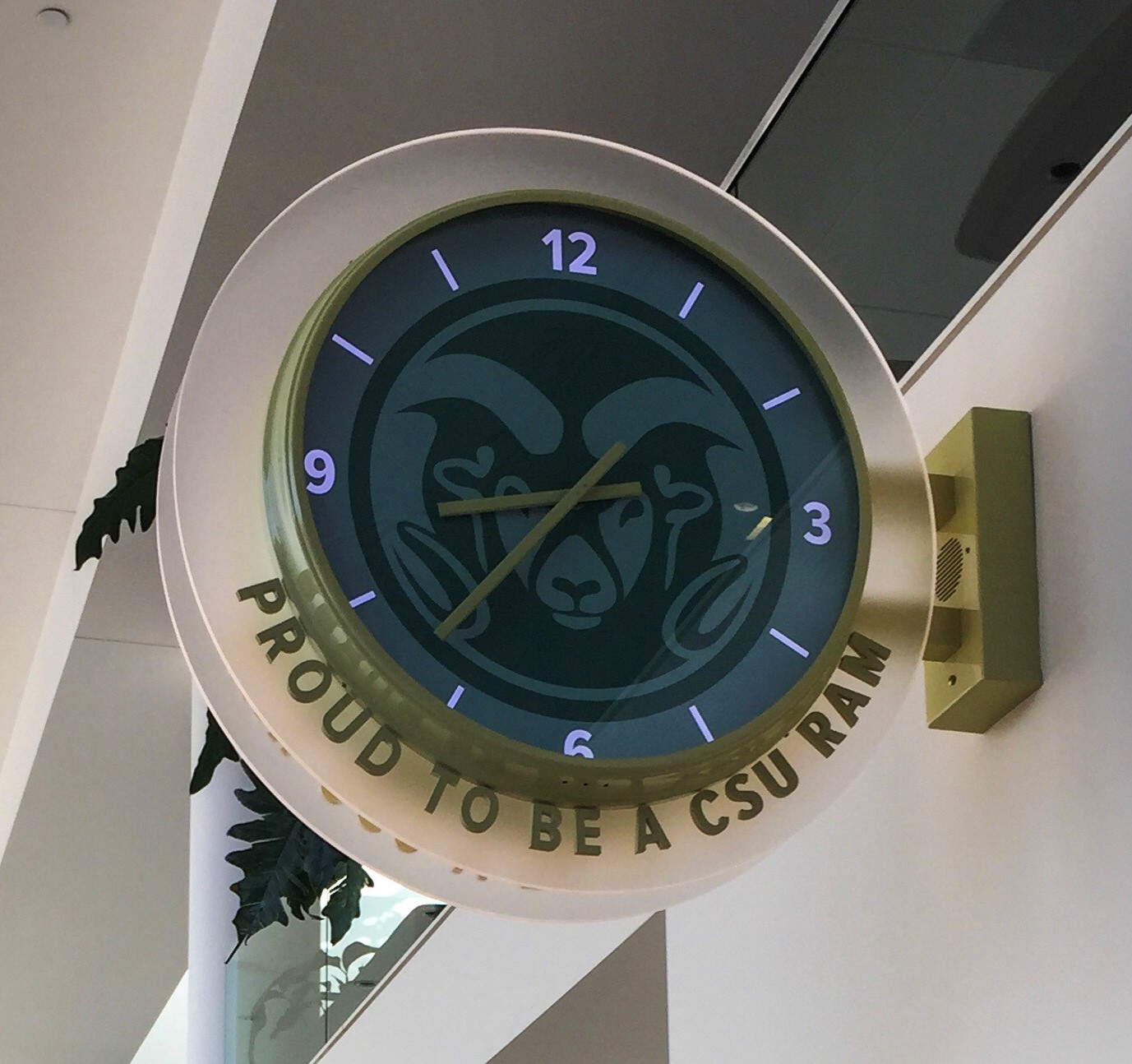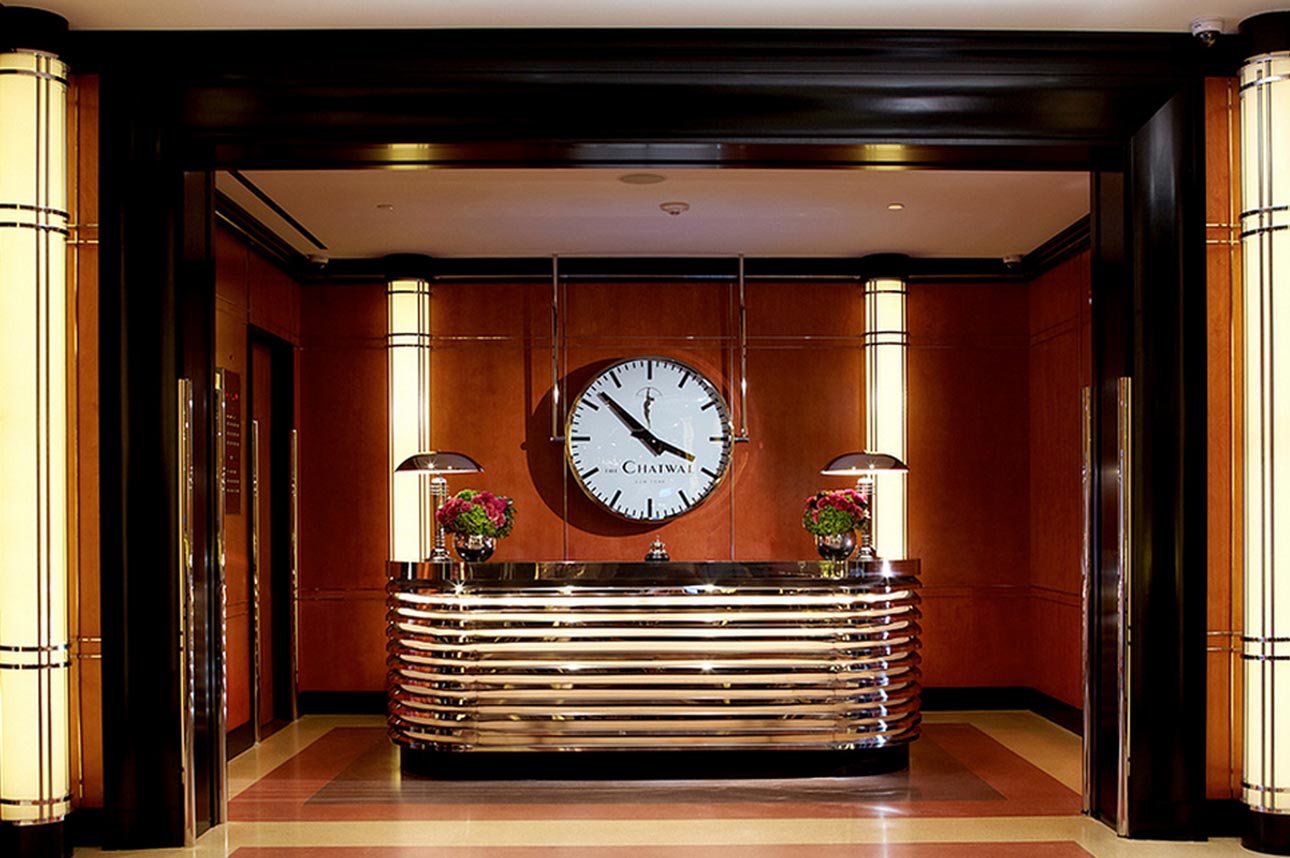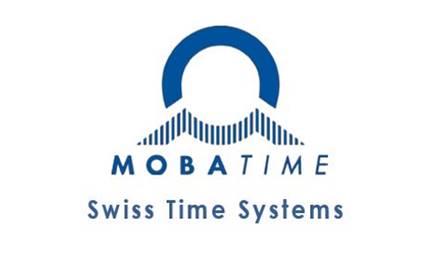There’s just something special about an analog clock. Perhaps it’s because it has a “face” instead of a “display.” Perhaps it’s the way that an analog clock shows the passage of time, while still giving us a hopeful glimpse at the hours coming up. Perhaps we notice that the cyclical nature of an analog clock mirrors the rotation of the earth. Morning is followed by evening is followed by morning. Just like noon is followed by midnight is followed by noon. And there’s comfort in that.

And yet, there’s an increasing number of young people who don’t know how to read an analog clock. Some UK schools recently opted to install digital clocks in exam rooms because teenagers couldn’t read the analog ones. Thankfully, many educators still see the value in teaching kids to read analog clocks. They cite fractions and counting by fives as reasons to keep analog clocks in the curriculum.1 And let’s not forget all the common phrases that rely upon an analog clock for context. Some of them make no sense at all if you don’t know how an analog clock works. Without analog clocks, how would you explain what direction “clockwise” is?
Many analog technologies have been rendered obsolete by their digital counterparts. But analog clocks are different. Digital clocks have been around for over 60 years. But we’re still happily making analog clocks.
Why?
Because they do things digital clocks simply…can’t. They can even improve your day.
Read on for 4 surprising ways analog clocks can make your day better:
1. Analog Clocks Brighten Your Mood
Analog clocks double as art. And art makes us happy. Preliminary studies show that looking at art can enhance our well-being.2 You might have a hard time thinking of clocks as art. Perhaps you’re thinking of that clock in your 10th grade history class. The one you stared at as the seconds slowly ticked by.
But think of all the analog clocks you’ve seen. They each have their own characteristics. Some, like that school clock, are meant to be simple and functional. Others, like the glass window clock we built for Jason Oppenheim’s home office, are meant to be looked upon and appreciated.

There are many things you can do to make your analog clock your own. When our customers commission a clock, some of the things you can customize are:
- Dial type – roman numerals, arabic numerals, simple dashes or blank
- Hands – tapered, straight, fancy or plain
- Background – is the dial on a face, or directly on the building?
- Lighting – how is the clock lit? Is the lighting warm or cool?
- Shape – most clocks are round, but they don’t have to be. We built a rectangular clock on the New Student Center at the University of Washington DC.
There are infinite combinations and each clock can be customized to its owner. When you look at an analog clock, you’re looking at art.
2. An Analog Clock Can Make You More Productive
An analog clock is a map of your day. It tells you the current time, but it also gives context—where you are, where you’ve been, and where you’re going.
So how can you be more productive with an analog clock? As it turns out, that context makes all the difference.

Do you ever find yourself saying “It’s 2:46. I’ll start that at 3:00,” only to glance at the digital clock on your computer at 3:02 and think, “well, I guess I’ll start at 3:15?” One way to beat this type of procrastination is to put an analog clock on your desk. When you read 2:46 on an analog clock, you see that you have almost a full quarter of an hour between 2:46 and 3:00.3 Taken in that context, it’s much more difficult to squander those 14 minutes.
An analog clock lets you see the time passing. If you’re shooting for a midday deadline. It’s harder to procrastinate when you can literally see your remaining time dwindling down. An analog clock also helps you to grasp how long something takes. That “pie chart” on the clock’s face helps you mentally break down a task into smaller, more manageable ones.4
3. An Analog Clock Helps You Be On Time
An analog clock tells you at a glance how much time you have left. This is useful in an exam setting (provided the exam takers know how to read the clock), or with a deadline, as mentioned above. But it can also help you be on time for your next appointment.

With a digital clock, your brain has to go through a bunch of steps to figure out how much time you have left:
It’s 3:56 now.
I need to be there at 4:15.
It takes 10 minutes to get there.
That means I need to leave here at 4:10.
So I have…
9 minutes before I need to leave!
With all those steps, it’s a wonder that anyone who relies on just a digital clock is on time for anything!
An analog clock requires no such internal dialog. You can see in an instant how much time is left between now and when you need to be there. At the same time, you can see how much time is left between now and when you need to leave.
4. An Analog Clock Can Improve Your Relationships
At first, this one seems like a stretch. How would a clock possibly be able to improve my relationship with another person?
But consider this.
Have you ever sat in a meeting or at lunch with someone who kept looking at their phone? If you’re anything like me, it made you feel like they had somewhere better to be. Someone more important to meet.
And yet, given that so many people use smartphones as watches these days, chances are they were just checking the time. They wanted to make sure they had enough time left to wrap up your meeting and get to the next one on time. And they most likely did the same thing to the person they were with before you!

Now ask yourself this—are you guilty of being that phone-looker?
If an analog clock was visible from your seat, you could simply glance up and see how much time you had left. Your furtive glances at the clock on the wall behind you tell you exactly what you need to know. And your lunch companion just perceives it as a polite break in eye contact.5 They feel like the most important person in your day.
Analog Clocks vs. Digital Clocks
There are a lot of benefits to analog clocks. They tell us what time it is, but also how much time has passed. And how much time we have left.
But digital clocks have some advantages too. When what time it is now is the most important thing, a digital clock makes sense. If you need to know what time it is down to the second, you’ll probably want to go with a digital clock.
You might be tempted to jump to the conclusion that digital clocks are more accurate. But these days, analog clocks can be just as accurate as your digital clock. In fact, they might even be more accurate. Our custom analog clocks are powered by masterclock that automatically sets the time via GPS or ethernet. Other standard features include: automatic daylight savings time updates, power outage backup, and timed illumination.
Digital clocks do have their place. But for all of the reasons listed above, we recommend incorporating at least one analog clock into your daily routine.
and reason #5: So you can Rock Around the Clock!
_______________________
Resources
- https://www.usatoday.com/story/news/nation-now/2018/05/04/analog-clocks-students-cant-read-schools-still-use/580935002/
- https://doi.org/10.3389/fpsyg.2019.00739
- https://lifehacker.com/your-workspace-needs-an-analog-clock-1841020448
- https://offspring.lifehacker.com/why-kids-still-need-analog-clocks-1835389062
- https://www.psychologytoday.com/us/blog/people-places-and-things/201903/making-life-better-clocks

